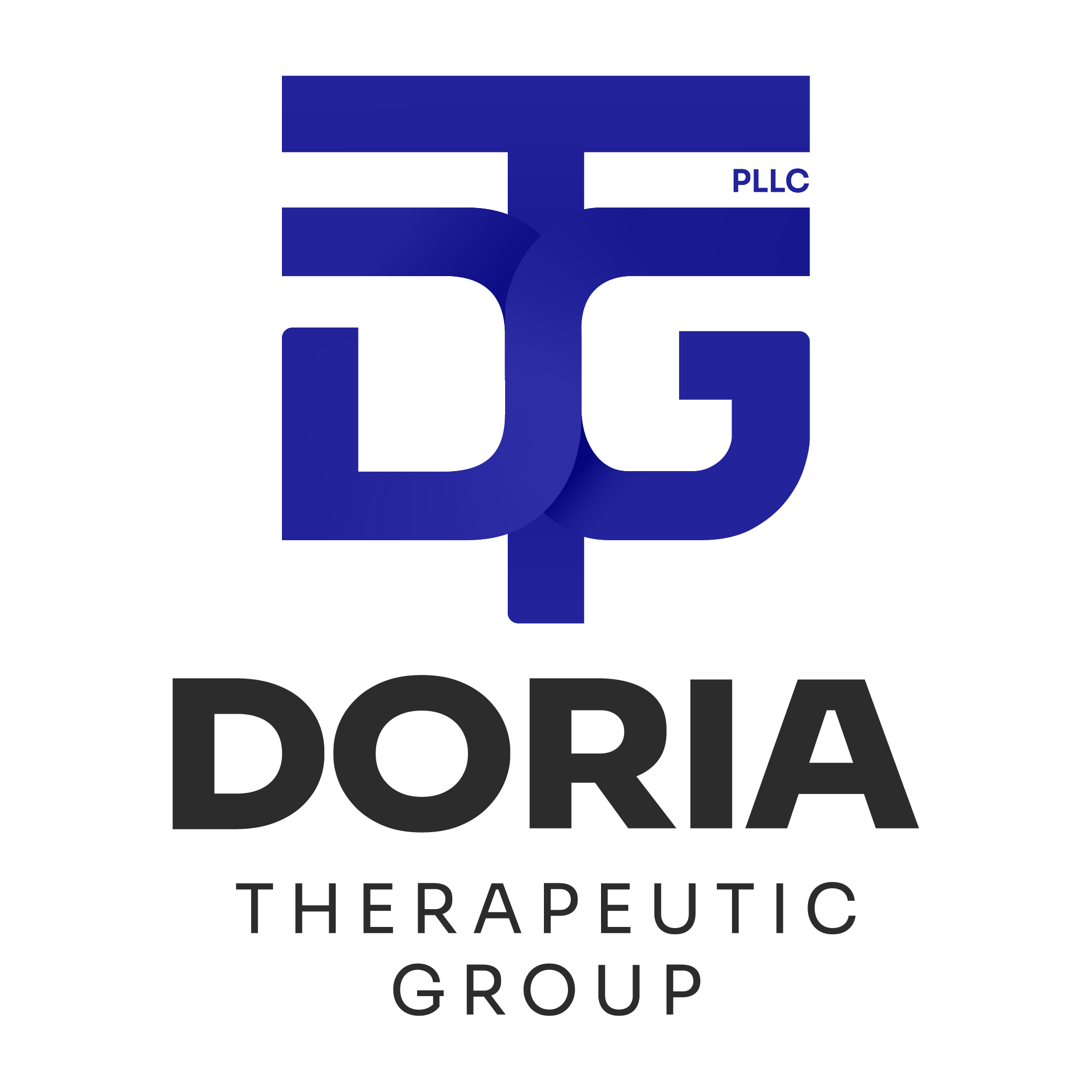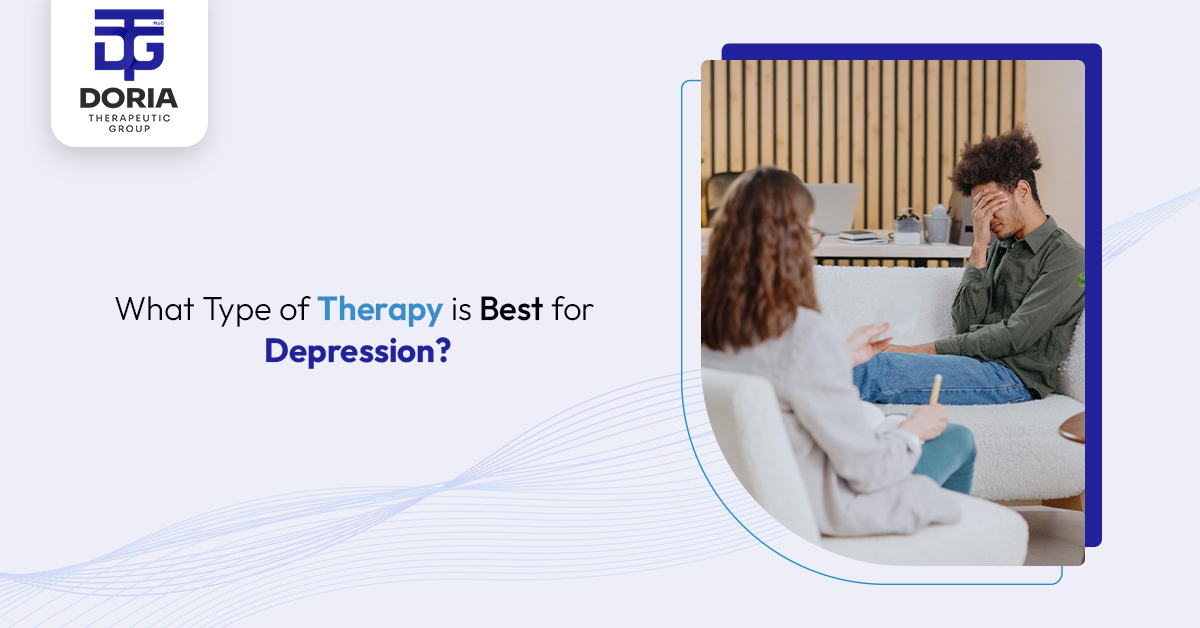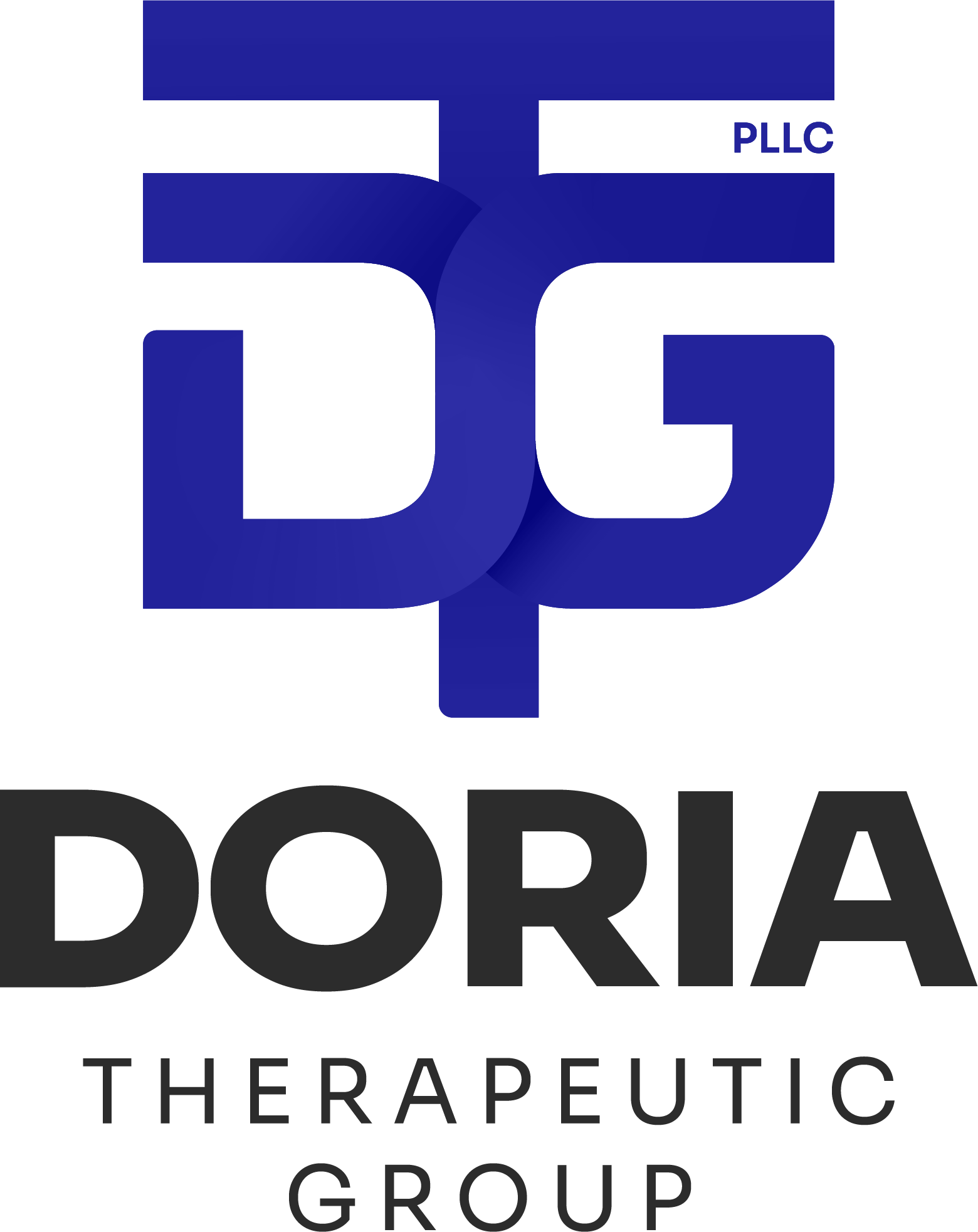Not only does depression make you feel sad, but it also makes you tired of being tired. It convinces you that nothing can help you shake it; this is just the way you’re going to be.
But you’re still there, reading this, even though depression told you it was not worth it.
Therapy works. Not overnight, but it works. People who felt exactly like you are living differently today. You could be one of them.
Learning What Depression is and Why Therapy Helps
Depression does not only mean being sad for a couple of days. It is a recurrent state that could alter the way you think, feel, and perform everyday tasks. You can have:
- Loss of interest in things you usually enjoy doing
- Constant feelings of sadness/emptiness
- Changes in sleep or hunger
- Poor concentration
- Feelings of worthlessness or excessive guilt
- Complaints of frequent headaches and being tired
Here’s what is crucial to understand: depression is quite treatable.
Therapy functions to help you develop new ways of thinking, process emotions, and deal with life’s issues and challenges.
It is like a competent guide leading you through it all.
The Most Effective Types of Therapy for Depression
Cognitive Behavioral Therapy
There are many good reasons why it is regarded as the gold standard when treating depression.
It has to do with connecting your thoughts, feelings and actions.
Consider it in the following manner: when left in a depressed state, it becomes way too easy to get trapped in the negative patterns of thinking, as they become automatic.
CBT will enable you to notice such patterns and understand better ways of thinking.
For example, instead of thinking “I am a failure,” you might learn how to frame it so that you say, “I am going through a tough time, but I am not defined by this.”
What to expect in CBT:
- The identification of negative thought patterns
- Practical coping strategies that are developed
- Homework assigned to practice newly learned skills
- 12-20 sessions
Dialectical Behavior Therapy
Originally developed for borderline personality disorder, DBT has turned out to be an amazing treatment for depression, particularly when it is marked by overwhelming emotions or self-destructive behaviors.
DBT teaches people how to manage troubling emotions practically. It’s like adding a toolbox that can be accessed when things become too much to handle.
The focus of DBT is on four main areas:
- Mindfulness skills
- Emotional regulation
- Distress tolerance
- Interpersonal effectiveness
Learn more about the four key skills of DBT for managing intense emotions.
Psychodynamic Therapy
A relatively longer-term approach that examines how past experiences and unconscious thoughts affect present feelings and behaviors.
If you’ve noticed any patterns in your relationships or reactions that you cannot understand, then psychodynamic therapy may bring rich insight.
It generally takes more time than other approaches, but many people find this to be life-changing in terms of understanding themselves at a deeper level.
Interpersonal Therapy
Interpersonal therapy recognizes the big role relationships and social connections play in our mental health.
It can be especially helpful in case your depression is perpetuated by relationship problems, the loss of someone you love, or some significant life events.
IPT helps with:
- Grief and loss processing
- Conflict resolution in relationships
- Adjustment to major life changes
- Augmentation of social support systems
Which Therapy Works Best: The Influencing Factors
Several factors come into play when considering what may work best for you:
Your specific symptoms:
- Are you dealing with negative thought patterns?
- Relationship issues?
- Intense emotions?
- Different therapies target different aspects of depression.
Your personality:
Some individuals work better with structured, goal-oriented treatment such as CBT, whereas others respond well to psychodynamic psychotherapy because of the exploratory experience.
Past experiences:
Have you had therapy before? What worked or did not work could also help in the next steps.
What About Combining Approaches?
Most therapists work with an “integrative” or “eclectic” approach, using pieces of various types of therapy as your needs dictate.
This flexibility can be incredibly helpful because depression affects everyone differently.
The Role of Medication
While focusing on therapy, it is pertinent to state that some individuals benefit from a combination of therapy and medication.
This, however, does not imply that therapy is not working.
On occasion, medication is just what’s required to create the mental space needed for full engagement in therapeutic work.
The decision as to whether or not one should take medication should only be made with a qualified healthcare provider who has considered your individual circumstances.
Finding the Right Therapist
It has been proven time and again that the quality of the therapeutic relationship ranks among the very highest predictors of success.
Your therapist should:
- Listen and understand you
- Be experienced in treating depression
- Use science-based techniques
- Make you feel comfortable enough to open up to
- Respect your culture and values
It’s worth the effort to find the right match.
Get Started
Making the initial stride, however small it may be, doing a search of therapists, calling one, or scheduling a visit, is a show of hope and self-care.
It is good to know you have some support and the resources to get you through those bad days.
Next Steps
We provide consultations at Doria Therapeutic Group PLLC to help you decide which therapy approach can be the most applicable in your case.
Our skilled therapists offer evidence-based techniques in treating depression, such as CBT, DBT and integrative treatments.
Arrange your consultation at Contact Doria Therapeutic Group today.
FAQ
What is the most frequently recommended treatment for depression?
The most widespread and studied depression therapy is CBT; it has been proven to be very efficient.
What are the two major types of depression treatment?
The two significant ones are medication and psychotherapy, which can be individually embraced or both, based on the conditions and the preferences of an individual.
Which type of treatment would best suit as a depression treatment?
Cognitive-behavioral therapy and interpersonal therapy are the evidence-based treatment modalities used among depressed patients.
Nevertheless, the most effective type of treatment will be chosen according to the patient and their specific case and preferences.




